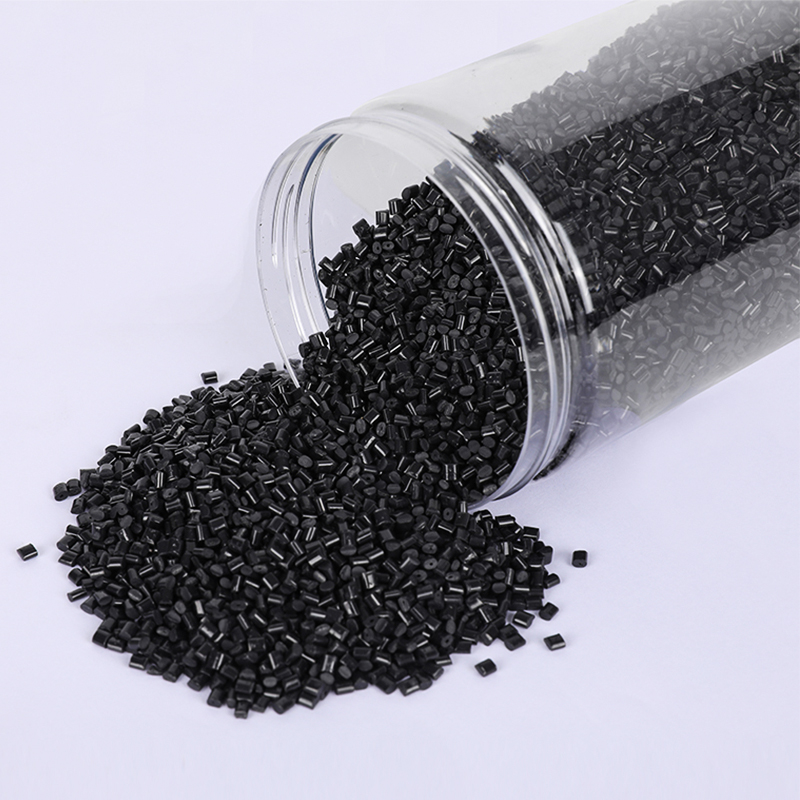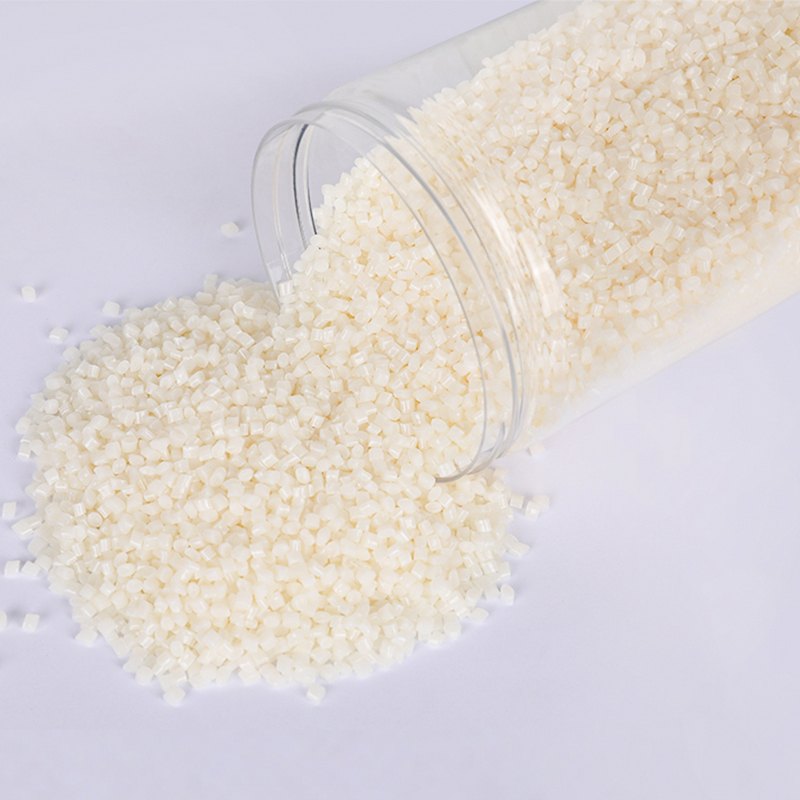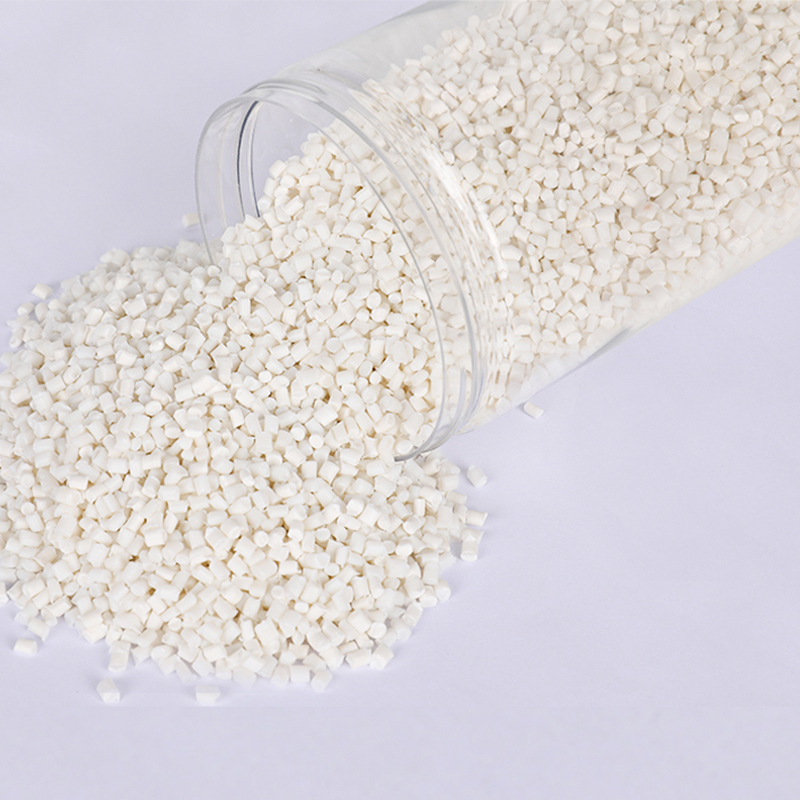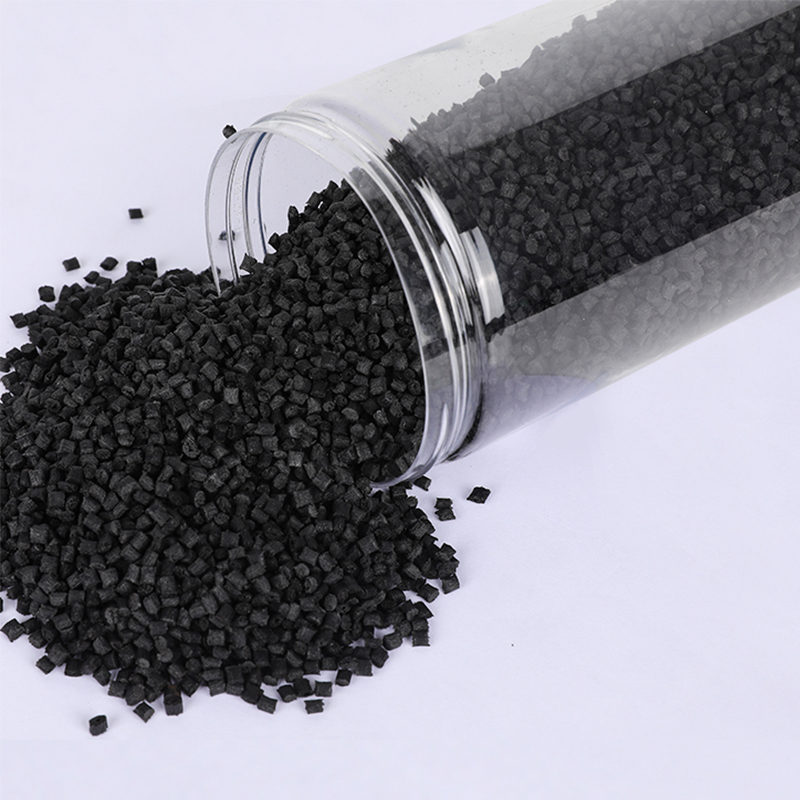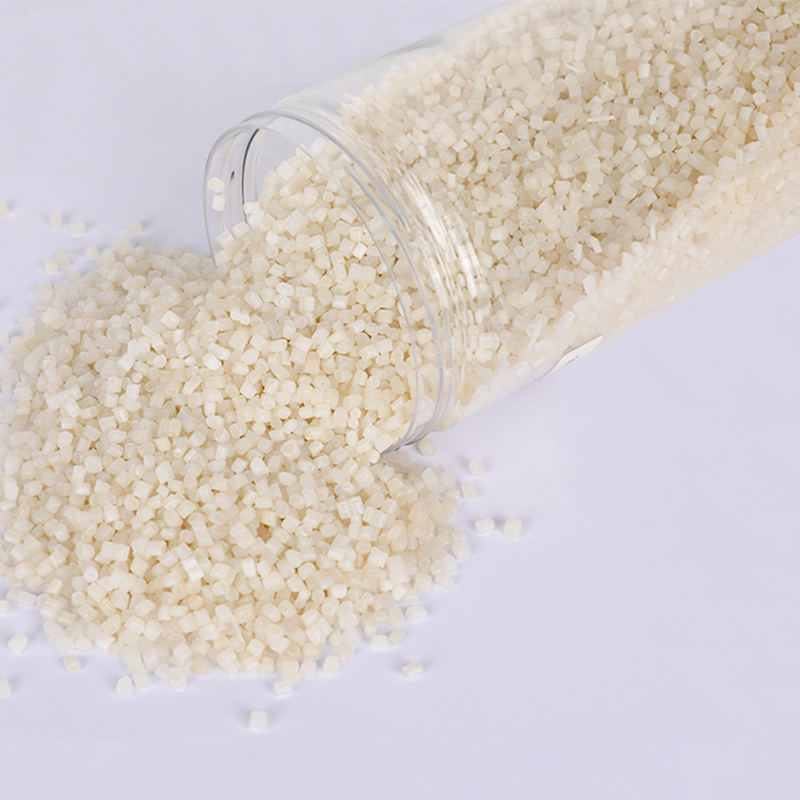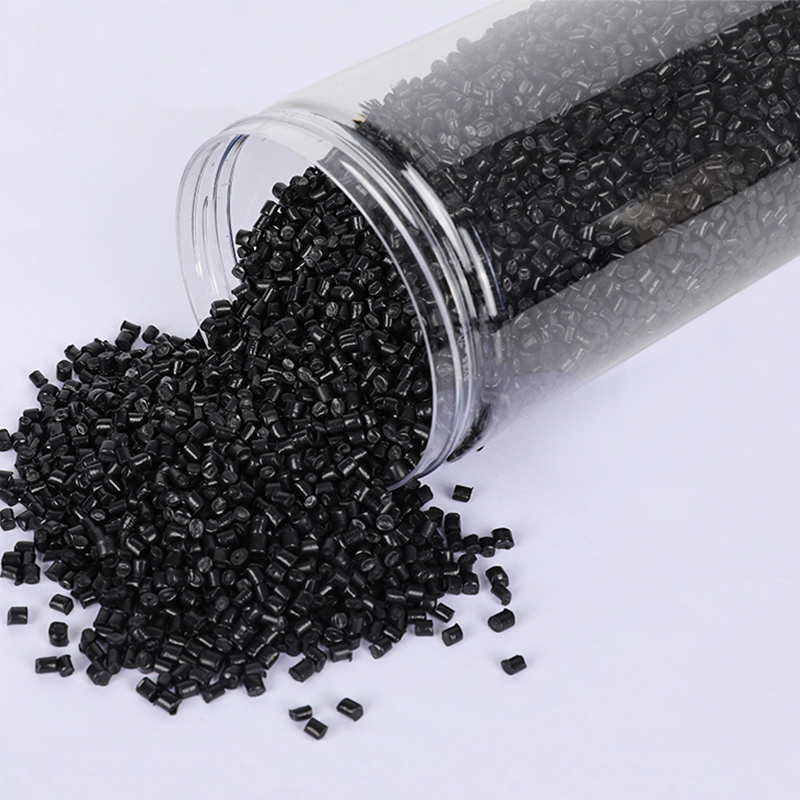Stay up to date with our recent products
Web Menu
Product Search
Exit Menu
Challenges in Using Recycled Polyethylene for Plastic Products and How to Overcome Them
Integrating recycled polyethylene (RPE) into the production of plastic products offers significant environmental benefits, including reduced plastic waste and lower energy consumption. However, there are several challenges that manufacturers face when using recycled materials in their production processes. These challenges are not just technical but can also involve cost, quality control, and consumer acceptance. Understanding these hurdles and finding effective solutions is crucial for businesses looking to leverage the advantages of RPE while maintaining product performance and meeting regulatory standards.
One of the most significant challenges in integrating recycled polyethylene is ensuring the material’s quality. Recycled polyethylene is often sourced from post-consumer or post-industrial waste, which means it can contain contaminants such as food residues, inks, adhesives, and other plastics. These impurities can affect the consistency and physical properties of the material, resulting in a final product that may not meet the required standards for strength, durability, or flexibility. The recycling process involves cleaning and sorting the waste, but some contaminants can remain, which compromises the quality of the final recycled material. Manufacturers must invest in advanced sorting technologies and cleaning systems to minimize these issues. Moreover, they need to carefully monitor the consistency of the recycled resin to ensure that it can be processed in the same way as virgin polyethylene. Using sophisticated filtration and washing techniques, such as washing with high-pressure steam or flotation systems, can help to remove contaminants effectively.
Another challenge lies in the processing of recycled polyethylene. Recycled materials, especially when mixed with virgin resin or other types of plastic, can exhibit different melt flow properties. This difference can affect the molding or extrusion processes, leading to defects in the final product. Recycled polyethylene may also have a lower molecular weight than virgin resin, which can result in a decrease in mechanical properties like tensile strength and impact resistance. This is particularly problematic when manufacturers need to produce high-performance plastic products, such as those used in medical, automotive, or food packaging applications. The solution here lies in blending recycled polyethylene with virgin resin to create a balanced material that maintains the required properties for specific applications. Additionally, adjusting processing parameters, such as temperature and cooling rates, can help optimize the behavior of recycled polyethylene during production.
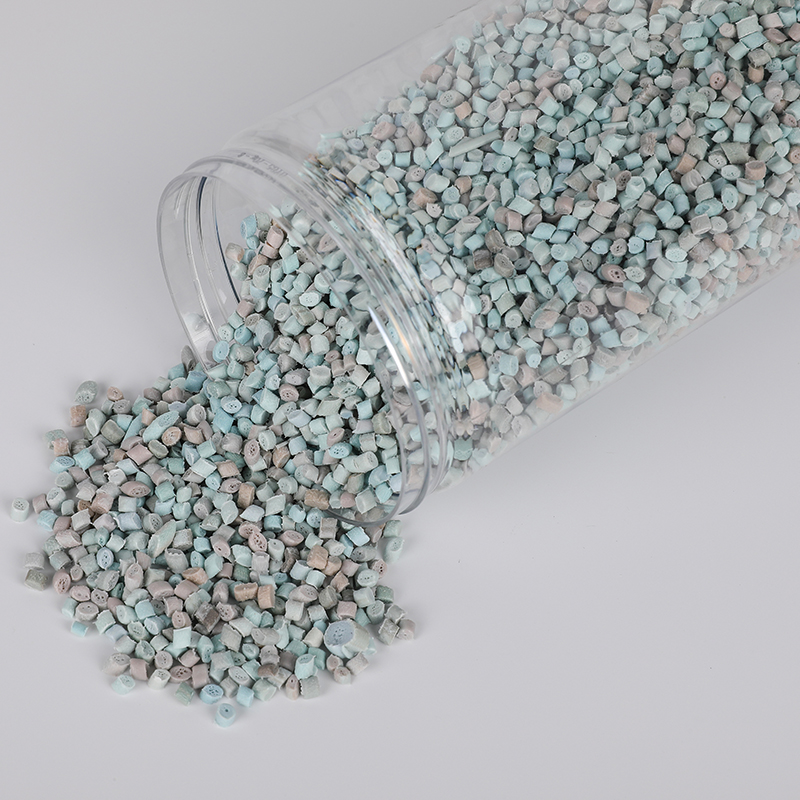
Cost is another key concern when using recycled polyethylene. Although recycled materials are often cheaper than virgin polyethylene, the initial costs of setting up a recycling system, including equipment and labor, can be significant. Moreover, the need for quality control and additional processing steps to clean and sort the recycled material can add to production costs. For many companies, this can make the transition to recycled polyethylene less attractive unless there are cost-saving incentives or a growing demand for sustainable products. However, there is a way to overcome this hurdle: companies can look for government incentives or certification programs that reward the use of recycled materials. Additionally, with advancements in recycling technologies and increased economies of scale, the cost gap between recycled and virgin materials is narrowing, making RPE a more viable option for a wider range of applications.
The environmental benefits of using recycled polyethylene are clear—by reducing the demand for virgin plastic and decreasing plastic waste, manufacturers contribute to a more sustainable and circular economy. However, the perception of recycled plastic by consumers and industries can sometimes be a barrier. While there is a growing shift toward eco-consciousness, some consumers remain skeptical about the durability and safety of products made from recycled materials. This is especially true in sensitive sectors such as food packaging or medical devices. To address these concerns, companies can focus on transparent communication about the sourcing and processing of recycled polyethylene. Certifications, such as those from the Global Recycling Standard (GRS) or the Forest Stewardship Council (FSC), can help build consumer trust. Furthermore, the consistent use of high-quality recycled polyethylene, coupled with rigorous testing and compliance with regulatory standards, can reassure consumers about the safety and reliability of the end products.
As China PCR Recycled Plastic Granules Factory, We always adhere to the experience and philosophy of "keeping up with the times, constantly innovating, developing efficiently, and cooperating for mutual benefit"

Address: No.11, Wangzhuang Section, Provincial Road 01, Daqiao New Area, Economic Development Zone, Haiyan County, Jiaxing City, Zhejiang Province, China
Phone: +86-18058285678
Fax: +86-0573-86868101
E-mail: [email protected]
SUNRISE GROUP(Overseas Exclusive Agent)
www.sunrisechemical.com
2024 ICIS Global Chemical Distributor Top 8
Export Sales Manager:Helen Zhang
Mob/Whatsapp: +86 19883063465
Email: [email protected]
Copyright © Jiaxing Anyiju Plastic Industry Co., Ltd. All Rights Reserved

 简体中文
简体中文 English
English

